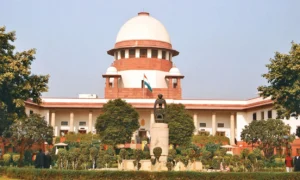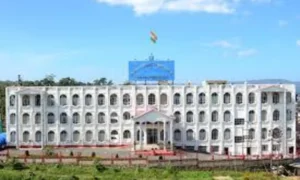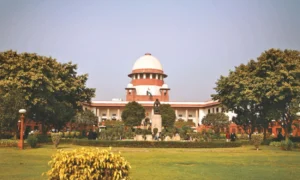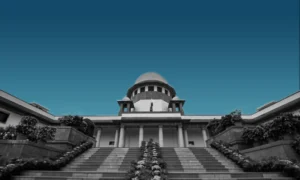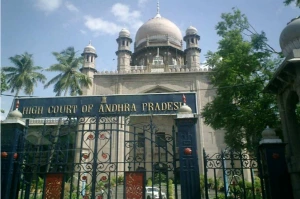
The Andhra Pradesh High Court held that a state institution cannot validly plead “financial incapacity” as a defence for withholding terminal benefits owed to its former employees. In the case before the Court, retired staff of the Krishna District Cooperative Central Bank (“DCCB”), who had been initially deputed to certain Primary Agricultural Cooperative Societies (PACS) and then re-employed by the bank, were denied their gratuity and other terminal entitlements on the ground that the PACS had purportedly failed to pay its share of the contributions. The bank and the PACS argued that the financial shortfall prevented payment of the terminal benefits. The Court rejected this argument.
The High Court observed that the DCCB and the PACS are “State” instrumentalities within the meaning of Article 12 of the Constitution of India. Accordingly, they bear public law obligations, including the fulfilment of statutory rights of employees. In this case the Court pointed out that the Retirees were senior citizens — some septuagenarians, octogenarians and even nonagenarians — which added a dimension of vulnerability and urgency. The Court lamented the decline of traditional social values of respect and care for older citizens, noting that the institution’s delay and reluctance in making payment damaged not only individual rights but also dignity and social trust.
The petitioners’ entitlement to gratuity was governed by the Payment of Gratuity Act, 1972 (Section 4(1)), which provides that an employee who has rendered continuous service of not less than five years shall on retirement be entitled to gratuity. Section 7 of the Act further mandates that if gratuity is not paid within thirty days from the date on which it becomes payable, interest shall also become payable. The Court emphasised that such rights are statutory and cannot be lawfully ignored or postponed by citing financial shortage.
The Court held that the right to gratuity is a statutory entitlement and once conditions are satisfied, the employer cannot withhold payment unless there is a recognized legal impediment. Further, the Court found that both the DCCB and the PACS were jointly and severally liable to pay the terminal benefits, including interest at 10 % from the date the amount became due. The respondents were ordered to pay the amounts forthwith. The Court also imposed costs on the respondents.
Most importantly, the Court held that the failure of the State-instrumentality to discharge its statutory obligation to pay terminal benefits amounted to a violation of Article 21 of the Constitution of India — which guarantees the right to life and personal liberty — because the denial and delay of payment deprived the retirees of their dignity, security and protection of livelihood in old age.
In conclusion, this judgment reaffirms that public-sector employers cannot evade liability by asserting financial difficulty. The statutory right to gratuity and terminal benefits must be honoured as a part of the fundamental rights framework, and the denial thereof implicates the State’s constitutional duty to protect dignity and livelihood of citizens.
📰 Crime Today News is proudly sponsored by DRYFRUIT & CO – A Brand by eFabby Global LLC
Design & Developed by Yes Mom Hosting

